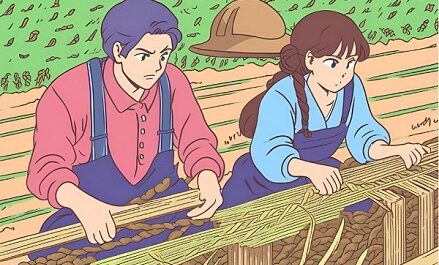Learn Chinese Idiom with Pinyin and English
- Idiom in Chinese-重男轻女。
- Pinyin of Idiom– zhòng nán qīng nǚ.
- Idiom’s Meaning in English– The Chinese idiom “zhòng nán qīng nǚ” means to hold a bias towards males and undervalue females. It reflects a traditional mindset that males are given more importance and privilege than females, which is considered unfair and outdated in modern society.
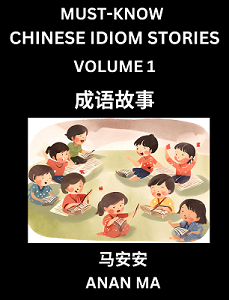
Chinese Idiom Stories Books (HSK All Levels):
- Books to Learn Chinese Idiom Stories (Part 1)
- Books to Learn Chinese Idiom Stories (Part 2)
- Books to Learn Chinese Idiom Stories (Part 3)
Learn Chinese Idiom Story in English (成语故事的英文)
In ancient China, due to the special nature of agricultural society, male labor played a more important role in families and society. Therefore, many people held the mindset of “favoring males over females.” In a village, there was a family named Zhang who desperately wanted a son to inherit the family business. However, they had three daughters consecutively, which disappointed them greatly and made them neglect their daughters. Until one day, a wise man came to the village and told the Zhang parents that every child was unique and both boys and girls had their own value and contribution. Inspired by the wise man’s words, the Zhang parents began to change their attitude towards their daughters and eventually discovered their unique talents and excellent qualities.
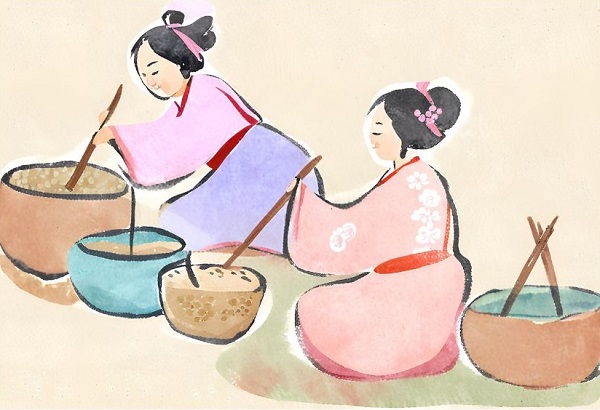
Learn Idiom Story in Chinese (成语故事)
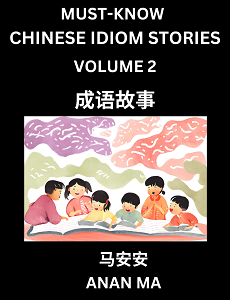
在古代的中国,由于农耕社会的特殊性,男性劳动力在家庭和社会中扮演着更加重要的角色。因此,许多人存在着“重男轻女”的思想。有一个村庄里,有一户姓张的人家,张家的父母非常希望有一个儿子来继承家业,然而他们却一连生了三个女儿。这让他们非常失望,对女儿们也不甚关心。直到有一天,村里来了一位智者,他告诉张家父母,每个孩子都是独一无二的,男孩女孩都有他们自己的价值和贡献。张家父母听后深受启发,开始改变对女儿们的态度,最终也发现了女儿们的独特之处和优秀品质。
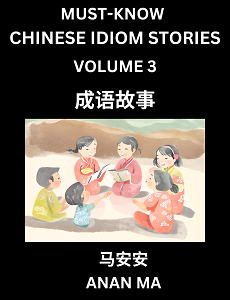
Learn Keywords with English, Simplified Chinese Characters, and Pinyin (关键词)
- 张家(Zhāng jiā): Zhang family
- 女儿(nǚ ér): daughter
- 智者(zhì zhě): wise man
- 家业(jiā yè): family business
- 价值(jià zhí): value
- 品质(pǐn zhì): quality
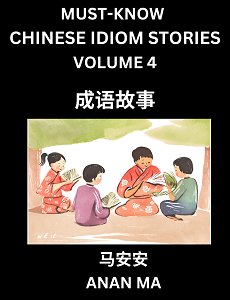
Pinyin of Idiom Story (故事的拼音)
Zài gǔdài de zhōngguó, yóuyú nónggēng shèhuì de tèshū xìng, nánxìng láodònglì zài jiātíng hé shèhuì zhōng bànyǎnzhe gèngjiā zhòngyào de juésè. Yīncǐ, xǔduō rén cúnzàizhe “zhòngnán qīng nǚ” de sīxiǎng. Yǒuyīgè cūnzhuāng lǐ, yǒu yī hù xìng zhāng de rénjiā, zhāng jiā de fùmǔ fēicháng xīwàng yǒu yīgè er zi lái jìchéng jiā yè, rán’ér tāmen què yīlián shēngle sān gè nǚ’ér. Zhè ràng tāmen fēicháng shīwàng, duì nǚ’érmen yě bù shèn guānxīn. Zhídào yǒu yītiān, cūnlǐ láile yī wèi zhìzhě, tā gàosù zhāng jiā fùmǔ, měi gè háizi dōu shì dúyīwú’èr de, nánhái nǚhái dōu yǒu tāmen zìjǐ de jiàzhí hé gòngxiàn. Zhāng jiā fùmǔ tīng hòu shēn shòu qǐfā, kāishǐ gǎibiàn duì nǚ’érmen de tàidù, zuìzhōng yě fāxiànle nǚ’érmen de dútè zhī chù hé yōuxiù pǐnzhí.

